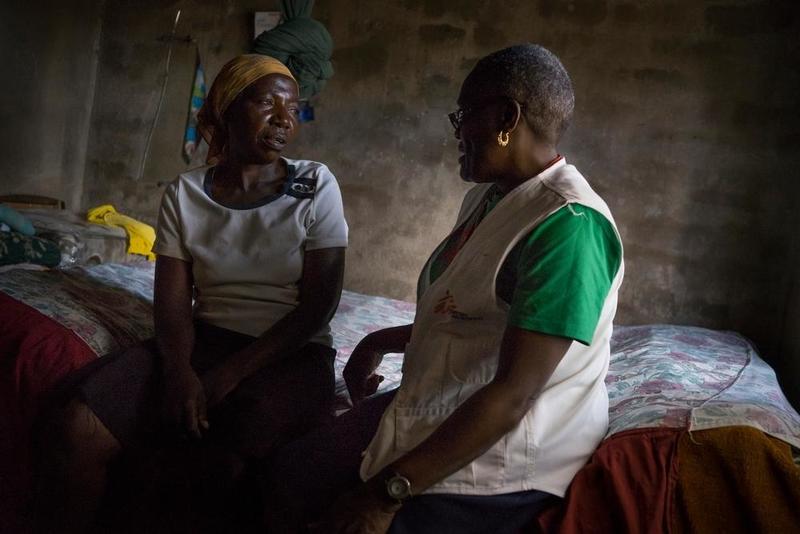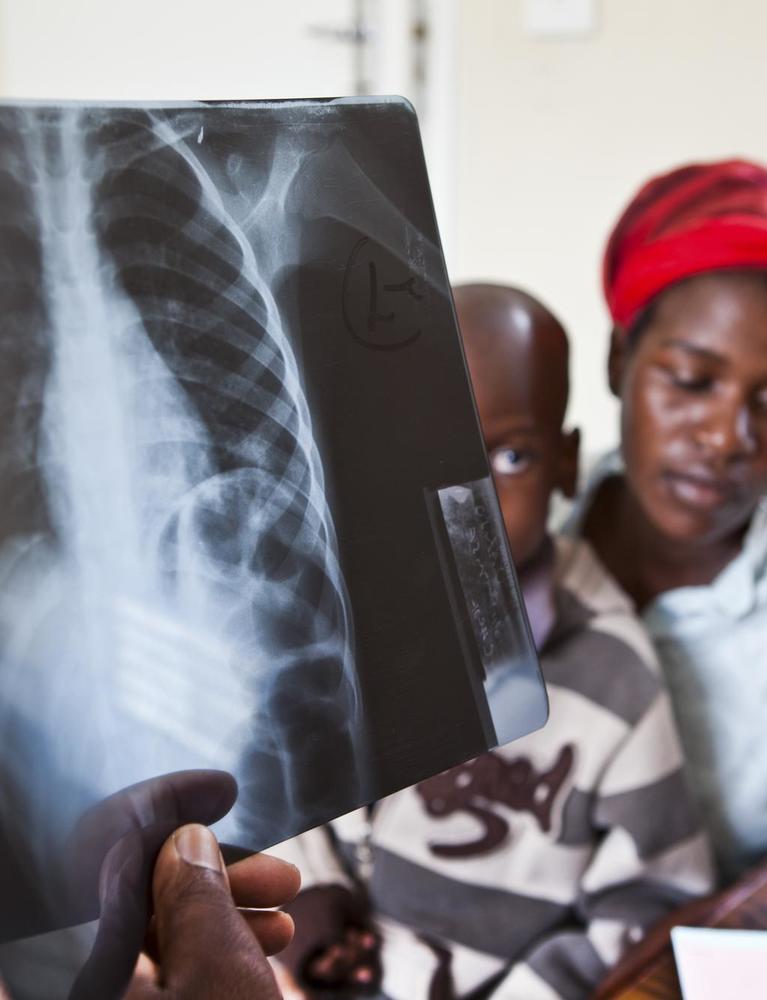Amid the continuing economic crisis, the Zimbabwean health sector faces many challenges, including shortages of medical supplies and essential medicines and insufficient funding to maintain water and sanitation services.
In 2018, Médecins Sans Frontières (MSF) supported the health ministry to respond to numerous outbreaks of water-borne diseases across the country, including the second-biggest cholera epidemic in its history, which started in the capital, Harare. In all, there were four cholera outbreaks and another four typhoid outbreaks, during which our teams supported the Ministry of Health and Child Care to treat over 13,000 suspected cases. Working alongside the ministry and the World Health Organization, we also participated in a cholera vaccination campaign that reached 1,297,890 people. In addition, MSF teams treated 10,000 patients for suspected typhoid in Harare and two other provinces.
To curb the spread of water-borne diseases in the densely populated capital, we have been working with partner organisations to rehabilitate contaminated boreholes and drill and seal new ones. A crucial element has been engaging people to manage and maintain these water points through community health clubs. Between 2015 and 2018, we rehabilitated 50 boreholes, drilled 9 new ones, and trained 72 community health clubs in 13 suburbs.
[[Country-Facts]]
MSF’s work in Zimbabwe: 2018
Sexual and reproductive healthcare
In 2018, we handed over our project offering medical treatment and psychosocial support to victims of sexual violence in Harare to the city health authorities. Having assisted more than 8,000 patients since the start of the project, we turned our focus to sexual and reproductive health services for adolescents aged 10 to 19, including vulnerable young people living with disabilities. At our new clinic in Mbare suburb, we provided consultations to over 4,300 adolescents in 2018.
Treatment for non-communicable diseases (NCDs), HIV and tuberculosis (TB)
We worked with the health ministry to implement a nurse-led, doctor-supported programme to scale up the treatment and management of patients with hypertension and diabetes in rural clinics in Chipinge and in Mutare hospital. Over 1,000 patients were enrolled in the programme in 2018 and more than 4,730 consultations conducted.
In rural Mwenezi, we conduct outreach programmes for around 1,400 people living with HIV and TB in remote communities with poor access to health services. In 2018, our teams started 500 patients on antiretroviral (ARV) therapy and implemented a new model of treatment distribution to make it easier for patients to get their refills. Now, trained community health workers receive and distribute ARV deliveries in hard-to-reach areas every three months.
In Gutu, we supported the health ministry’s cervical cancer programme, screening 6,470 women for the disease in six health centres and providing treatment for 240 patients. We also administered human papillomavirus vaccinations to 15,650 girls in 246 schools in Gutu as part of a nationwide campaign.

Assistance for returning migrants
In Beitbridge, we run primary healthcare services for migrants deported from South Africa or returning through informal crossing points along the Limpopo River, as well as the large population of informal traders living along one of the busiest borders in Zimbabwe. Over 2,280 migrants and people on the move accessed care in one of the MSF-supported clinics in Beitbridge in 2018.
Find out more in our 2018 International Activity Report





